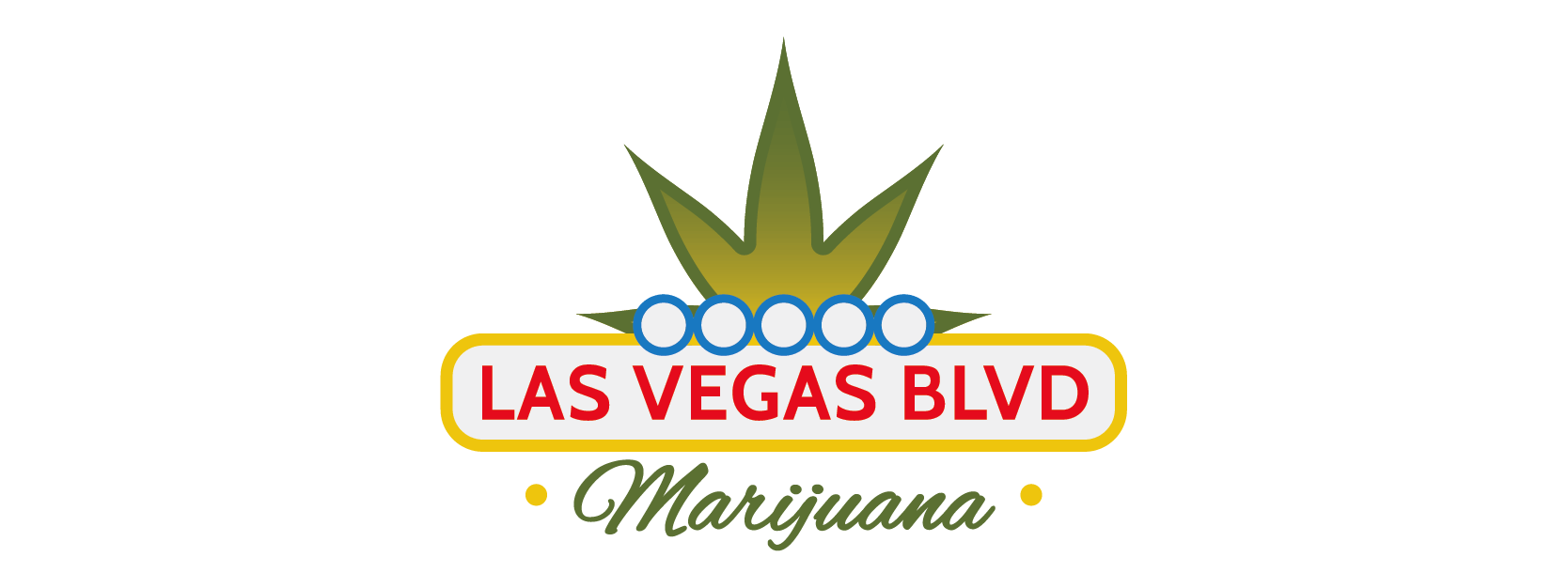In an environment once praised for pioneering legal cannabis, Nevada’s licensed marijuana market now finds itself on the defensive, constrained by regulations and taxation, while an unregulated undercurrent thrives—especially among tourists seeking convenience, anonymity, or lower prices.
Official data from the Cannabis Compliance Board (CCB) places legal retail sales at approximately $829 million for the fiscal year ending June 2024—already down 17 percent from its 2021 zenith. Industry insiders blame persistent and pervasive competition from a sprawling black-market ecosystem.
A CCB-commissioned market study estimates unlicensed cannabis sales range between $242 million and $370 million annually, signaling that illicit operators retain a commanding share of the overall market. Analysts point to the higher cost of legal cannabis—driven by taxes, regulation, and supply restrictions—as a primary driver sending budget-minded buyers into the arms of unregulated sellers.
The problem is magnified in Las Vegas proper. Urban regulations bar licensed dispensaries and consumption lounges from operating within 1,500 feet of casinos—a buffer zone that effectively leaves the Las Vegas Strip underserved. As a result, tourists encounter ads for delivery services or pop-up sellers while navigating a zone devoid of legal options. UNLV’s Cannabis Policy Institute cites this restriction as a key contributor to the illicit market’s dominance of tourist access points.
Law enforcement efforts show occasional victories—but confront persistent challenges. In late May 2025, Metro Police executed a raid on an illegal grow operation in Northwest Las Vegas, seizing approximately 814 pounds of cannabis—one of several such busts targeting large-scale producers throughout the year. Yet such actions resemble “whack-a-mole,” as enforcement rarely eradicates the demand driving these networks.
State regulators insist the legal market offers safety and traceability. Cannabis products licensed in Nevada are required to be tracked seed-to-sale through METRC, ensuring accountability at every stage. Meanwhile, the CCB has embarked on public messaging campaigns encouraging both residents and visitors to “buy legal”—promoting the tested, regulated nature of compliant cannabis.
Nonetheless, the legal industry bears burdensome costs. Nevada imposes both a 15 percent wholesale tax and a 10 percent excise tax at retail, layered on top of standard sales taxes. Critics argue this structure makes legal products far less competitive—particularly when unlicensed vendors undercut prices and offer convenience without overhead.
Legislators and industry advocates are responding. Proposals such as AB413 aim to incentivize whistleblowers—delivering a 15–30 percent portion of recovered civil penalties to tipsters—for reporting illegal operators. The bill also envisions escalating civil penalties for large-scale illicit sales to the multi-million-dollar range, elevating consequences beyond current $50,000 caps.
Meanwhile, efforts to ease tax burdens are gathering steam. AB307 proposes eliminating the opaque wholesale tax and offsetting revenue through a modest retail tax increase—simplifying taxation while potentially reducing end-consumer prices and improving legal market competitiveness.
But despite legislative momentum and enforcement strategy shifts, critics warn none can replace broader reform. Taxation, regulatory accessibility, and the unfinished rollout of public consumption lounges—only a handful currently operate—keep the legal industry from offering the social, economic, and experiential draw of illicit options.
Looking ahead, bridging this divide hinges on practical reform: lower price-point legal access, reduced regulatory burdens, and inclusive business models that can absorb tourism demand. For now, Nevada’s legal cannabis industry must reclaim ground lost to the black market—or risk watching its customers vanish into the shadows.
